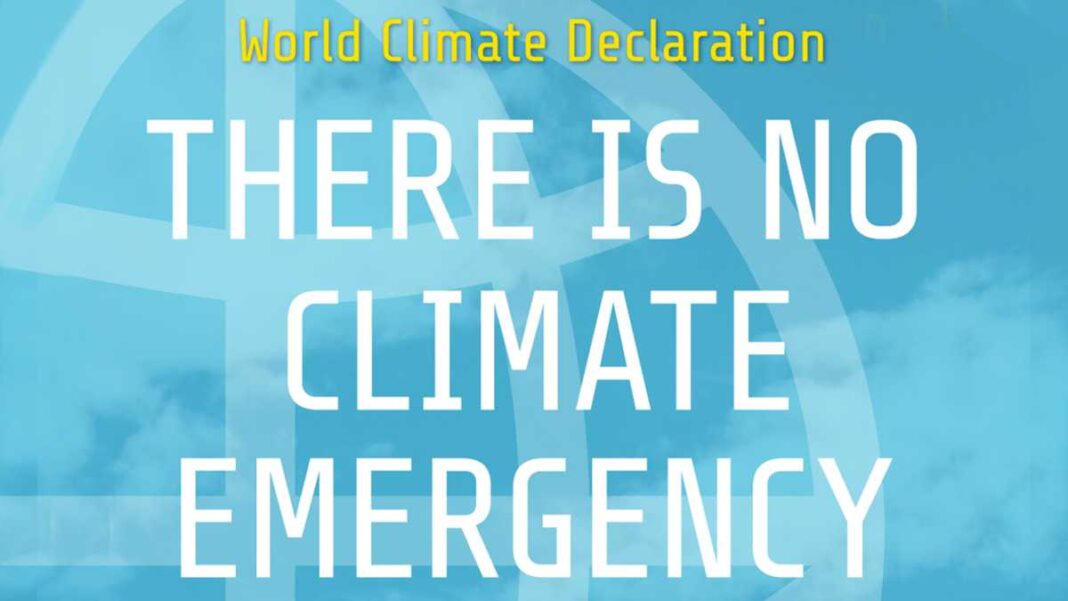The document that convinced a judge to approve a search warrant for former President Donald Trump’s home in Florida was made public on Aug. 26 in a heavily redacted form.
Government officials filed a copy of the search warrant affidavit, authored by an FBI agent, on orders from U.S. Magistrate Judge Bruce Reinhart.
The judge approved the warrant application on Aug. 5. FBI agents executed the warrant three days later at Mar-a-Lago in Palm Beach.
Though Reinhart ordered the U.S. Department of Justice (DOJ) to release a copy of the affidavit, he agreed with every single redaction proposed by the government.
In the copy released on Friday, an FBI agent whose name was withheld said the government’s investigation was predicated on part on a referral from the National Archives and Records Administration, which has said it identified classified records in the tranche of boxes transferred to it from Mar-a-Lago in January.
A review of the boxes by FBI agents identified 184 documents with classification markers, including 25 marked as top secret, the agent said.
search-warrant-affidavit-pdfOfficials Tried to Keep Document Sealed
DOJ officials claimed that it needed to impose the redactions to protect the identities of law enforcement agents and witnesses, to shield details about its ongoing investigation into Trump, and to keep private grand jury information.
“The government has carefully reviewed the affidavit and has identified five categories of information that must remain under seal in order to protect the safety of multiple civilian witnesses whose information was included throughout the affidavit and contributed to the finding of probable cause, as well as the integrity of the ongoing investigation,” officials said in a separate document that was also unsealed on Friday.
Reinhart said in his Aug. 25 order that the DOJ “has met its burden of showing a compelling reason/good cause to seal portions of the Affidavit,” and that the redactions were “narrowly tailored to serve the Government’s legitimate interest in the integrity of the ongoing investigation and are the least onerous alternative to sealing the entire Affidavit.”
Reinhart has said that the information in the affidavit is the only information he relied upon when he approved the warrant.
DOJ officials had tried keeping the entire affidavit under seal, claiming the redactions that were needed would leave a product that would not give the public any fresh insight into the case. Media companies and nonprofits challenged the rationale. They said the presumptive right of access meant the affidavit should be released, even if some portions were redacted. The outlets noted that many supposed details from the document were put forth in news stories that cited anonymous sources.







